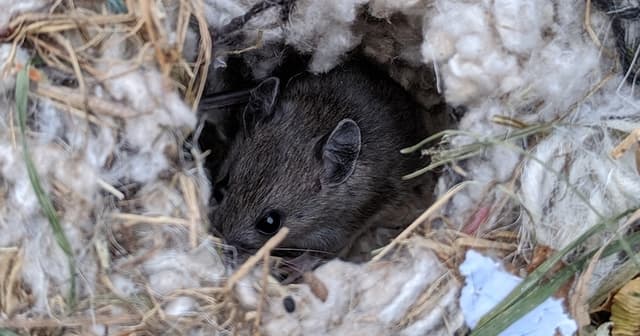It can be difficult to deal with a mouse problem, especially if you’ve put out bait to kill the mice but they don’t seem to be dying. When this happens, you might wonder why the mice are eating the bait and not getting sick. If you know why they are doing this, you can take the right steps to get rid of these stubborn rats. In this piece, we’ll look at some of the most common reasons why mice might eat bait but not die, as well as what you can do to fix the problem.
Bait Selection
The type of food you use can make a big difference in how well you get rid of rats and mice. Mice can be picky eaters, so if the bait you choose doesn’t appeal to them, they may just nibble on it instead of eating enough to kill them. Try out different kinds of bait, such as different foods or tastes, to see what gets the mice’s attention the most.
Pre-baiting
Mice are usually cautious and may have neophobia, which means they don’t like to try new foods or other things that are different from what they are used to. If you just put out bait stations or traps, the mice may be afraid to eat the food at first. Putting non-toxic bait near the traps for a few days can help the mice get used to the new food source and make them more likely to eat the poisonous bait later.
The Race for Food
In places with lots of food, mice may not be as likely to eat the bait in the traps because they have other choices. Make sure your home is clean and free of food that is easy to get to so that mice are more likely to eat the bait as their main source of food.
Not in the Right Place
For bait stations and traps to work, they must be put in the right places. Mice tend to stick to certain routes and move along walls or floors. Putting the bait stations in these heavily used places makes it more likely that mice will eat the bait.
Immunity to blood thinners
Some mice populations may become immune to rodenticides that stop blood from clotting over time. If you keep using the same kind of food, the mice in your area may have learned to avoid it, making the bait less effective. In these situations, it may be necessary to switch to a different kind of bait or use a different way to get rid of the pests.
Not Enough Time
Getting rid of a mouse problem takes time, especially if there are a lot of mice. Be patient and give the food a few days to do its job. Don’t take down bait stations or traps too soon, because that can mess up the mice’s eating habits and make it harder to catch them.
Second-hand poisoning
Mice are known to eat their own dead, and if a mouse that ate the bait dies in a secret place, other mice may eat its body, getting poisoned in the process. But the mice that were poisoned twice might not have eaten enough poison to kill them.
Taking Action
If rats in your home are eating bait but not dying, you might want to do the following:
- Change the kind of food you use. Try out different kinds of bait to see which one mice in your area like best.
- Pre-baiting: Use non-toxic bait at first to get the mice used to the traps or food stations.
- Placement: Make sure that bait stations and traps are carefully put in places where mice are most likely to be.
- Rotate the food: Use different kinds of bait to keep mice from getting used to one type.
- Be patient. Give the bait enough time to work before judging how well it works.
- Get Professional Help: If the problem doesn’t go away no matter what you do, you might want to call a professional pest control service for help.
Conclusion
It can be hard to figure out what to do when mice eat food but don’t die. By figuring out why the rodents are acting this way and taking the right steps, you can make your efforts to get rid of them more successful. Remember that getting rid of mice often takes more than one method, and if you have a serious problem, calling a professional pest control service may be the best way to get rid of these stubborn rodents for good.
Mice control Oshawa we stand behind our safe and efficient treatments that have been consistently successful time and time again.

